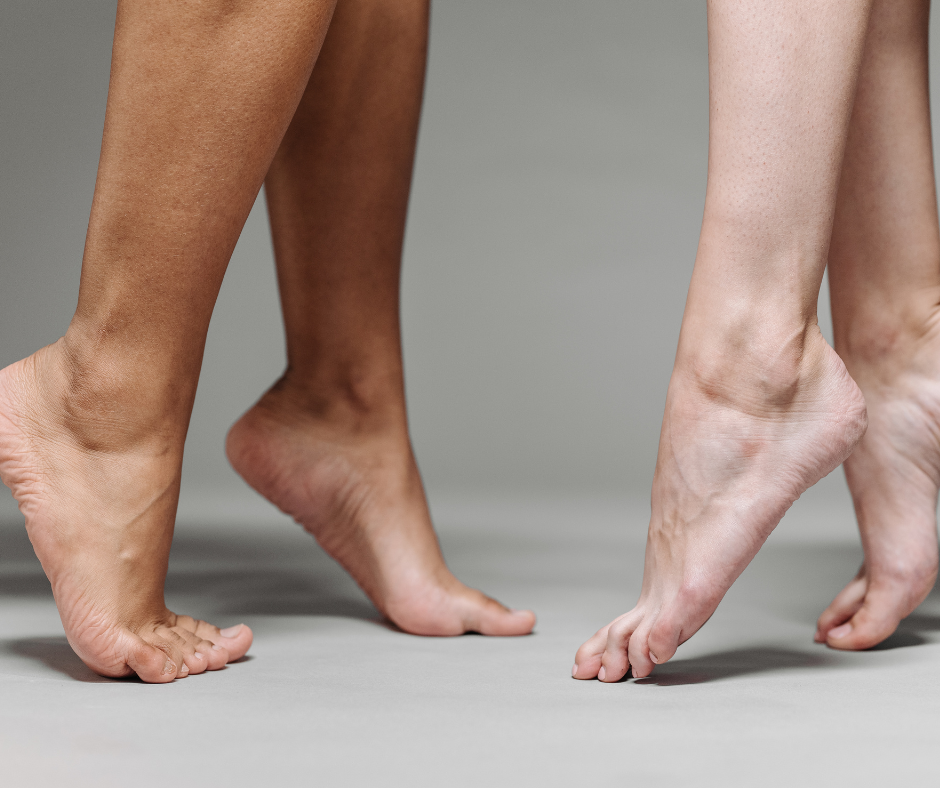
If your feet have been feeling tired, achy, puffy, or just not like yours lately, your hormones may be part of the story. Hormonal shifts don’t just influence mood or energy; they can also change how your feet feel, move, and even fit in your shoes. At Syracuse Podiatry, we see this every day, and we want you to know you’re not imagining it. Your body’s chemistry is dynamic, and your feet are excellent messengers.
Hormonal Changes and Foot Structure
Estrogen and progesterone affect soft tissues like ligaments and tendons. When these hormones fluctuate, your ligaments can loosen slightly, which sometimes leads to a lower arch or a wider foot.
You might notice shoes feeling snug or new aches in the heels or arches. Looser ligaments can also place extra demand on your plantar fascia and Achilles tendon, which makes issues like plantar fasciitis or tendinopathy more likely if your footwear or activity level isn’t adjusted.
Pregnancy Hormones and Foot Health
During pregnancy, the hormone relaxin prepares your joints and ligaments for birth, and it doesn’t stop at the pelvis. Relaxin can increase foot flexibility, flatten your arch, and lengthen your foot half a size (or more).
Fluid retention can add swelling, which makes shoes tight and walking uncomfortable. If you’re expecting, this is a good time to prioritize supportive footwear, consider temporary orthotics, elevate your feet when you can, and use gentle calf and arch stretches to reduce strain.
Menopause, Estrogen Decline, and Pain
As estrogen levels decline in perimenopause and menopause, two foot-related changes often show up: reduced collagen (less spring in soft tissue) and bone-density loss. That combination can mean stiffer tendons, more forefoot pain, and, for some, a higher risk of stress fractures.
You might also notice thinning of the heel fat pad, which makes hard floors and unsupportive shoes feel harsher. Cushioning, shock-absorbing insoles, and strength training for your calves and intrinsic foot muscles can make a real difference.
Thyroid and Other Endocrine Factors
Thyroid imbalances can affect skin texture (dry, cracked heels) as well as overall metabolism, which could affect how quickly our tissues recover from micro-strain.
For example: prolonged, elevated cortisol from chronic stress can increase sensitivity to inflammation and pain, while insulin resistance can impact circulation and healing.
So, if you are managing a thyroid or metabolic disorder and are experiencing prolonged foot challenges, consider coupling medical treatment with active foot care interventions to help support the integrity of skin, joints, and nerves.
For advice related to any podiatric concerns you’re facing, the expert team at Syracuse Podiatry is here to help guide you. Contact us today so Dr. Ryan L. D’Amico, Dr. Donal M. Erickson, Dr. Keith Sherman, and Dr. Nicholas Cronin can elevate your foot health and help your feet feel their best.
